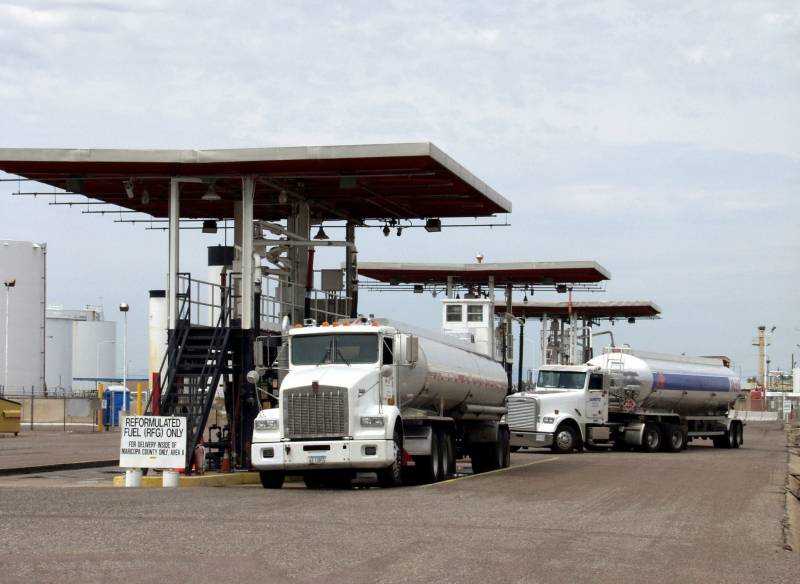Cities and counties donated the settlement money to CDAA often with strict stipulations that it be spent on the training and hiring of lawyers to assist municipalities in complex environmental litigation and other specific purposes related to environmental law and worker safety.
CDAA provides training, resources and sometimes representation for smaller municipalities that lack the resources and experience to fight well-heeled corporations, oil companies and other business interests over expensive environmental lawsuits.
But the audit, first reported by the San Francisco Chronicle, found that the group’s fund to pay for these kinds of specialized attorneys was short about $2.8 million and mostly depleted.
“The public and the state trusted them to manage these funds well. And they didn’t,” said Ken Spence, a policy adviser with NextGen California, one of the groups behind the letter.
“They used it to pursue their own priorities,” he said. “The funds were intended to enforce environmental protection and do so in communities where oftentimes they don’t have the resources to do so themselves.”
The audit does not describe any illegal activity, but the attorney general’s office is reportedly reviewing the findings. CDAA leadership commissioned the audit out of concern that the organization was misspending money.
Vern Pierson, president of the CDAA and the district attorney for El Dorado County said the money was spent on training prosecutors, medical examiners and police officers, as well as on impaired driving investigations.
“The problem is the money should not have been commingled,” he said. “It should have been treated as restricted, which means it can only be used for a particular purpose.”
He said the organization is committed to repaying “any misdirected funds,” although he acknowledged it’s still working on an “exact process to do that.”
Erin Curtis, a spokesperson for the California Environmental Protection Agency, said the audit “brought to light important reforms that need to occur.”
She said that agency staff were already connecting with individual district attorneys, a commission for peace officer standards and training, and “others in the enforcement community to explore potential collaborations to ensure that the circuit prosecutor and training programs remain vibrant.”
The grant money that CalEPA awarded to CDAA was spent appropriately, according to the audit and agency records.
Cristine Soto DeBerry, founder and executive director of the Prosecutors Alliance of California, said the audit “revealed some real concerns about CDAA’s accounting practices and raises questions about whether we should continue to allocate public funds before there’s clarity around what has happened and how it will be remedied.”
She said CDAA has not made clear their plan for “repaying those funds and making sure that the jurisdictions that contributed to them are made whole.”
The alliance has positioned itself as a reform-minded alternative for prosecutors seeking professional training and assistance.

